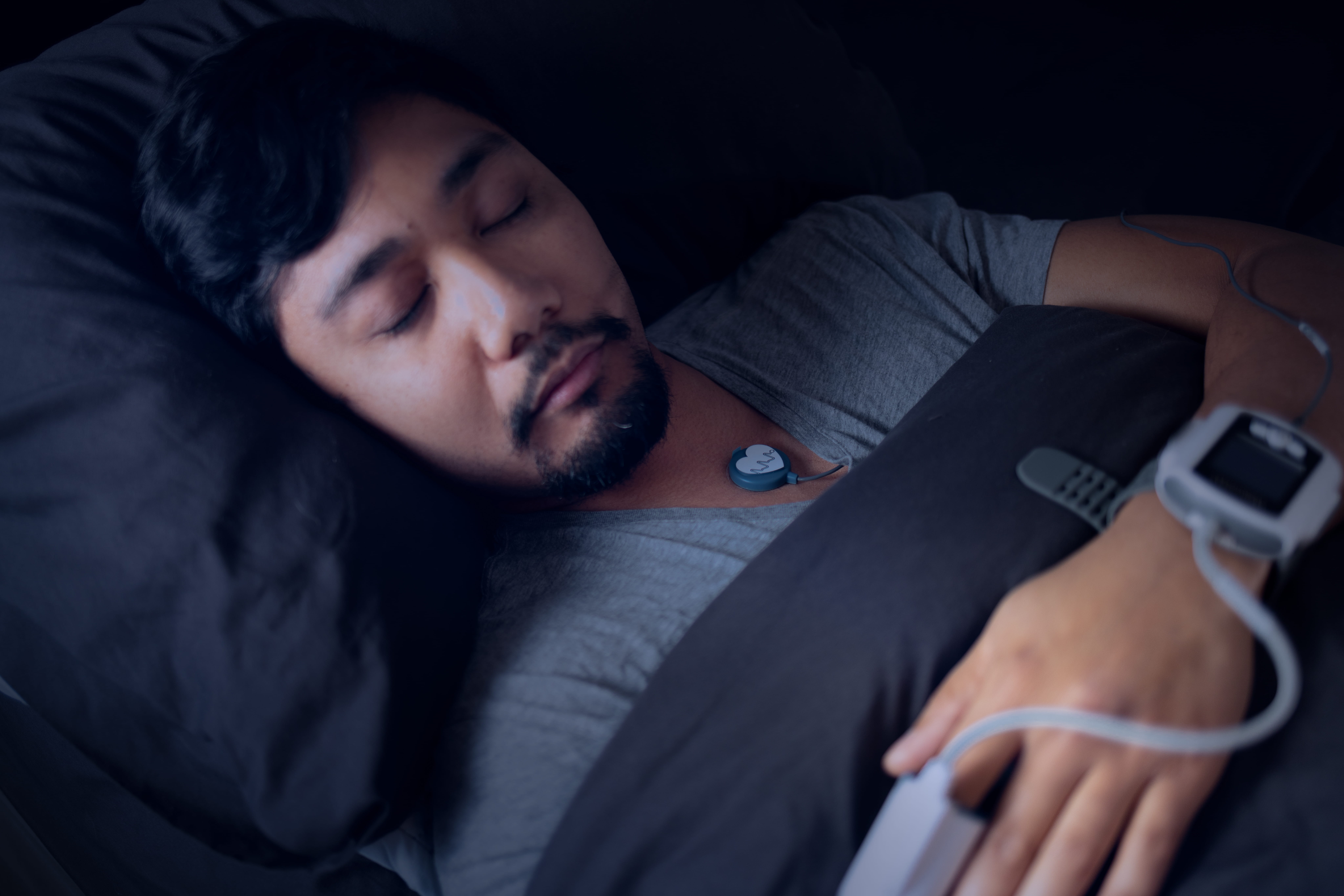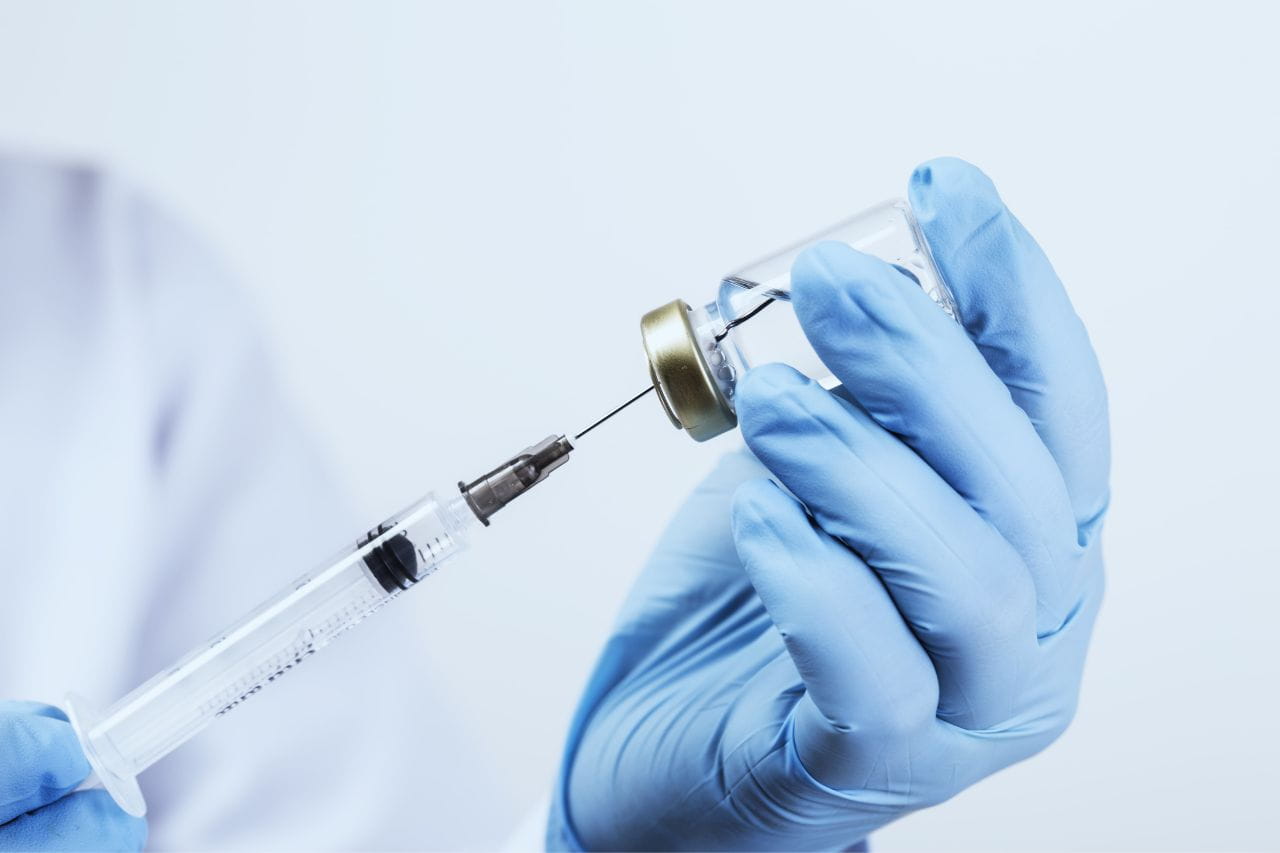Can Diet Affect Sleep?
.jpg?rev=0669da79ee4e481d979a4d08cce4c175)
It’s well known that what you eat and how much food you consume significantly impact your health. Consequently, it’s not surprising that diet affects sleep. Getting the right amounts of the right foods can increase the quantity and improve the quality of your sleep.
This article answers questions like “Does food affect sleep?” and “Can eating before bed affect sleep?” and others.
How Does How Much I Eat Impact My Sleep?
Does eating less affect sleep? How about eating more? The answer to both questions is “Yes.” And as you might expect, neither condition improves how much or how well you sleep.
You need nutrients overnight. Even though your mind “shuts down” for the most part, your brain and body are still working to process the day’s inputs, repair damaged tissue, etc. Consequently, if you don’t eat enough at your evening meal, you may find it hard to fall asleep or wake up with a gnawing hunger that makes it difficult to drift off again. This reality also answers the question, “Can dieting affect your sleep?”
If you overeat at dinner, you may experience conditions like indigestion, gas, and bloating that make it hard to fall asleep or stay asleep. An over-full belly also just feels uncomfortable, with the same result.
Finding the right timing and portion size for your evening meal can help you sleep better.
How Does What Type of Foods I Eat Affect Sleep?
The types of foods you eat, particularly at your evening meal, directly affect your sleep. For example, caffeine and sugar are stimulating, so it’s best not to consume them at night.
Foods high in protein are not a good option in the evening because they take a long time to break down, which is especially problematic since your digestion slows by as much as 50% while sleeping. You should also avoid foods high in saturated fat. They can cause weight gain, which disrupts sleep. These foods also decrease your sensitivity to a brain chemical called orexin, which is vital in coordinating your internal sleep clock.
Processed and aged foods (certain cheeses, pepperoni, salami, etc.) are also a no-no. They typically contain tyramine, which causes the release of the stimulant norepinephrine.
Do Low Carb Diets Impact Sleep?
It’s good to avoid eating too many simple carbohydrates. A diet lower in them causes your body to produce less L-tryptophan and more melatonin — a hormone in the brain that helps control your body clock and is crucial to sleep.
Does Lack of Protein Affect Sleep?
Consuming protein supports sleep-related neurotransmitters like serotonin. If you don’t get enough protein in your diet, you may experience sleep disturbances. Here are some protein-rich foods to add to your diet for better sleep:
- Eggs
- Chicken
- Cottage cheese
- Greek yogurt
- Kidney, black and pinto beans
- Almond, peanut and cashew butter
- Tofu
What Foods Should I Eat to Get a Better Night's Sleep?
With many foods “off the menu” for getting better sleep, you may wonder what sleep promoting foods you can eat! For dinner, you can consume reasonable amounts of any healthy foods. If you want a small snack closer to bedtime, the best options include:
- Almonds
- Chamomile tea
- Kiwi
- Oatmeal
- Dairy products (milk, cottage cheese, plain yogurt, etc.)
- Bananas
- Fatty fish
- Walnuts
Remember that sleep is a complex function, and making dietary changes today doesn’t mean you’re guaranteed to sleep better tonight. But, over time, considering how eating affects sleep and changing your diet accordingly can lead to more restful nights.
What Foods and Drinks Should I Avoid for Better Sleep?
You might wonder which foods hinder your ability to sleep. It’s true that some do this by causing indigestion or disrupting sleep cycles. Foods to avoid for better sleep include:
- Spicy foods
- Acidic foods
- Processed sugars
- Caffeine
- Alcohol
What Should I Drink Before Bed for Digestion?
When considering diet and sleep, it’s helpful to know that some beverages can have a calming effect on the stomach that supports more restful nights. Chamomile tea, ginger tea and warm water with lemon can have that effect. However, you’ll need to find the right timing and amount of nighttime beverages so you don’t have to get up to urinate.
Healthy Eating Habits for Better Sleep
If you want to sleep better, you might have to change what and when you eat. Things to fix in your diet to help you sleep include consuming balanced meals, eating at regular times to support a stable sleep cycle and avoiding heavy or stimulating foods and drinks close to bedtime. Starting and maintaining these habits can pay off in more hours of restful sleep.
Talk with Baptist Health About Diet and Sleep
Is your diet affecting your sleeping? Yes, it likely is. How does food affect sleep? It can impact your body in positive and negative ways. Consequently, it’s important to consider whether your meals align with your desire for deep, more restorative sleep. And if you have sleep issues in general, we can help! Talk with your primary care doctor, who can investigate why you sleep poorly.
And if appropriate, they can refer you to our sleep experts for additional testing and treatment.
FAQ
Can Going to Bed Hungry Negatively Impact Sleep?
Yes, going to bed hungry can lead to low blood sugar overnight, adversely affecting sleep.
Why Do I Sleep Better When I Eat Less?
The most likely answer is that eating less means your stomach isn’t overly full, and that’s helping you get better sleep. However, some medical conditions can cause decreased appetite and increased sleep. If you have concerns, you should talk with your healthcare provider.
Is It Better to Go to Bed Hungry or Eat Late?
Finding the right balance is key. Being hungry or overly full is not ideal when you go to bed.



